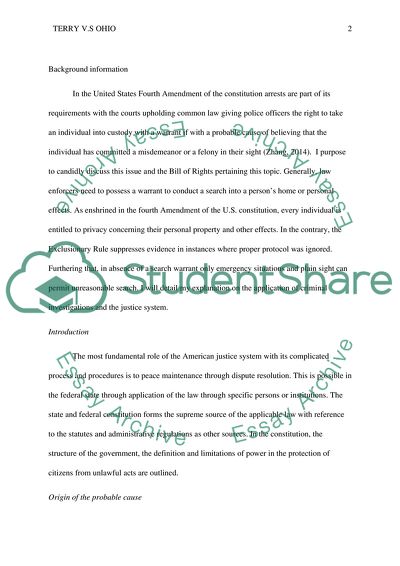Cite this document
(The Nature and Quality of Intruding to an Individuals Rights Essay, n.d.)
The Nature and Quality of Intruding to an Individuals Rights Essay. Retrieved from https://studentshare.org/law/1678715-terry-vohio
The Nature and Quality of Intruding to an Individuals Rights Essay. Retrieved from https://studentshare.org/law/1678715-terry-vohio
(The Nature and Quality of Intruding to an Individuals Rights Essay)
The Nature and Quality of Intruding to an Individuals Rights Essay. https://studentshare.org/law/1678715-terry-vohio.
The Nature and Quality of Intruding to an Individuals Rights Essay. https://studentshare.org/law/1678715-terry-vohio.
“The Nature and Quality of Intruding to an Individuals Rights Essay”, n.d. https://studentshare.org/law/1678715-terry-vohio.


